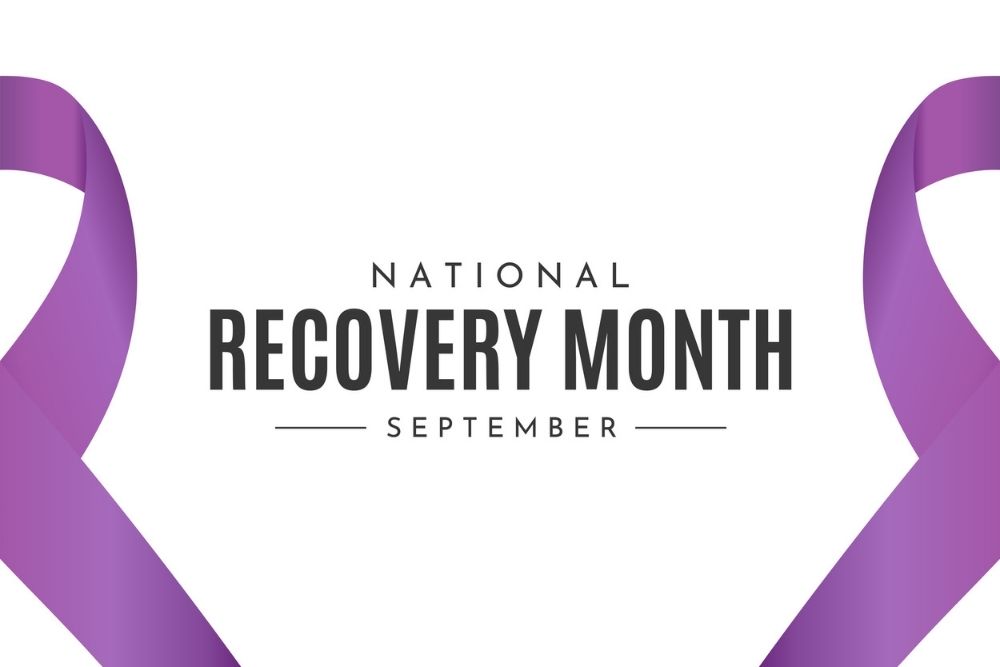Since 1989, September has been designated as National Recovery Month. This time is set aside to raise awareness about cutting-edge mental health and addiction treatments and practices, recognize the hard work of service providers who support people in recovery, and celebrate the people who have entered recovery after battling mental illness or addiction. At Carolina Dunes Behavioral Health, our interdisciplinary team uses evidence-based practices to care for people who are facing behavioral health challenges, so we get to see the value of every aspect of Recovery Month.
Challenging Stigma
One of the reasons Recovery Month is important is that raising awareness and celebrating success play a big role in addressing stigma around behavioral health. Stigma is a form of discrimination that is generally based on false information or a lack of understanding. As it pertains to recovery, stigma often portrays people with behavioral health needs as:
- Dangerous
- Immoral
- Incapable of recovering
- To blame for their own conditions
By increasing knowledge around behavioral health, Recovery Month can make it easier for people fighting addiction and mental illness and their loved ones to ask for and receive help, making it more likely that they will recover.
Teaching Compassionate Vocabulary
A part of addressing the stigma around behavioral health is giving people the words to talk about it appropriately. Some examples include:
- Person with a substance use disorder to replace addict, junkie, substance abuser, alcoholic, or drunk – this example focuses first on the person and then their diagnosis, and it uses medical terminology, rather than blaming or shaming words.
- Testing positive for a substance instead of dropping dirty or failing a drug test, because calling the test dirty or a failure shames the person who is struggling.
- Substance use or chemical dependence instead of habit – Using the word habit implies that the person is choosing whether or not to use, rather than acknowledging that addiction is a disease.
- Drug use or misuse instead of abuse – An abuser is someone who causes harm, so the word has a highly negative tone. It is more accurate to say a person has used or misused drugs.
- Being in recovery, in remission, abstinent, or testing negative on a drug test instead of clean – Just as it is not kind or medically descriptive to use the word dirty to discuss the results of a drug test, clean is not the best word to describe a test that indicates no use.
- Having a mental illness or mental health disorder instead of crazy, nuts, or schizo – whether you’re talking about a person who does or does not actually have a mental health disorder, words that have been used to speak unkindly about mental illness are a form of stigmatization. If you’re talking about someone who has a mental health disorder, it’s better to use the name of that disorder or indicate that they have a mental illness. If you’re talking about someone with an unpleasant personality or whose choices you dislike, it is better to communicate that clearly than to use outdated or negative words that previously were used to label people with mental health conditions.
Advancing Understanding
It’s great when people understand that behavioral health does not make someone dangerous, immoral, or weak. It’s even better when they understand the factors that contribute to these disorders and make recovery more difficult, which include:
- Genetics
- Differences in brain structure
- Trauma
- Poverty
- Homelessness
- Lack of support/connectedness
Raising Hope
Recovery Month also gives people who are struggling with mental illness or addiction and the people who care about them reason to believe that recovery is possible. By shining a spotlight on people who have already been successful in entering recovery and highlighting various treatment options, the activities of Recovery Month offer a reason for hope.
Prevention
Raising awareness around mental health and substance use disorders also makes it more likely that people will recognize the signs and risks associated with behavioral health conditions and get help for themselves or loved ones sooner. It may also help young people to make the decision not to do things that can jeopardize their own well-being, by helping them to make informed choices or to help them change course before they find themselves struggling.
At Carolina Dunes Behavioral Health, located near Wilmington, North Carolina, we offer inpatient treatment for adolescents, adults, and older adults who are experiencing psychiatric, emotional, or substance use disorders. Our hospital provides trauma-informed, evidence-based care that promotes recovery across the life span.





